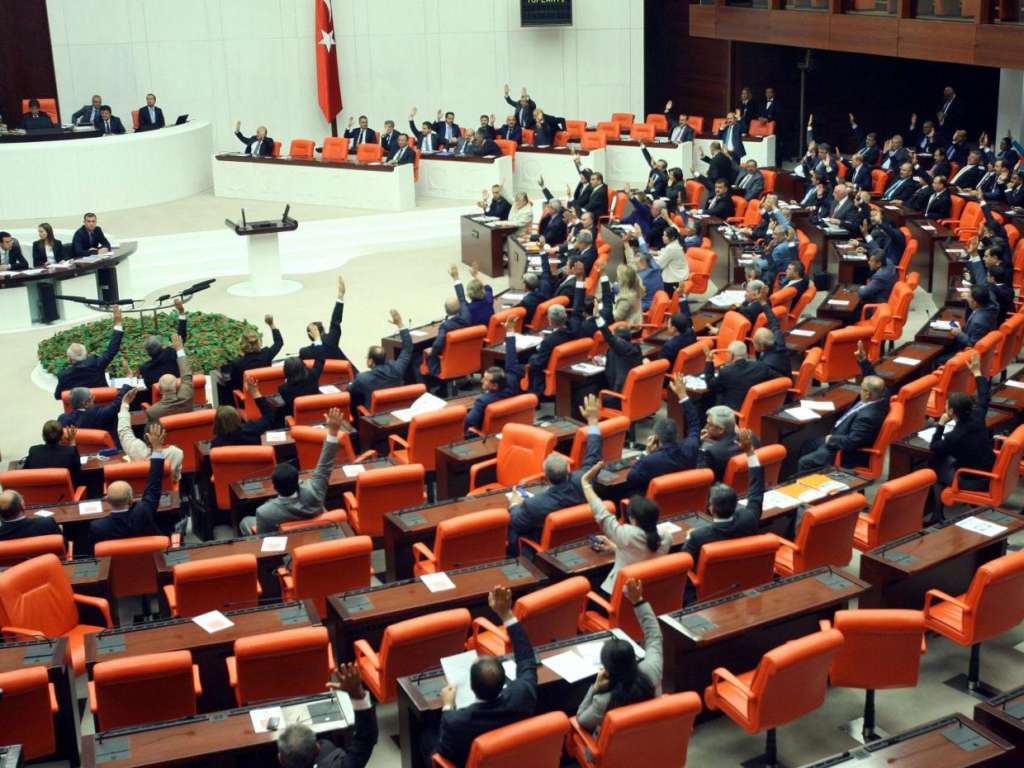Ankara- Turkey has started implementing “chemical castration” for sex offenders after the Parliament approved the new regulation that was published in the Official Gazette on July 26.
According to the new regulation, medical treatment to lower or terminate sexual drive may be applied to individuals convicted of sex offences.
This regulation has raised wide reactions and caused great debates among activists in the field of women’s rights and human rights defenders.
“This is both against human rights and medical ethics,” said Gülsüm Kav, the president of the “We Will Stop Femicide Platform,” a nationwide women’s network which provides legal assistance and support to women who are victims of violence and sexual assaults. The group was formed after the rape and decapitation of a 17-year-old by her boyfriend.
Moreover, women’s groups claim that the regulation will not provide a real deterrent to Turkey’s ever-increasing number of sexual assault cases.
At the time, two women from the ruling Justice and Development Party (AKP) proposed medical treatment, or rather, chemical castration, for sexual offenders, saying they were inspired by a similar debate on the issue in Italy.
Since then, various countries, including Poland, have passed legislation to implement forced chemical castration on child molesters and other sexual offenders.
The calls for chemical castration gained new momentum amid public outrage in Turkey following the brutal murder of 20-year-old Özgecan Aslan by a minibus driver who attempted to rape her in February 2015.
A statement from the platform criticized the castration decision as “one of vengeance” rather than justice.
“What we want, as women who fight against violence, is the maximum penalty for those who kill women and effective state protection for women who report abuse and threats from estranged partners and husbands,” the statement said.
While the Turkish government has pledged to fight against violence against women in general and rape and sexual assault in particular, Turkish women’s associations and individual activists complain that legal measures have fallen short, as rapists and sexual offenders benefit from reduced penalties due to “good behavior” and that women who ask for protection against potential offenders are not properly protected by the state.
The obligations for sex offenders listed in the new regulation include joining programs for treatment purposes, being barred from living in the area where their victim either works or resides, being barred from approaching the area where the victim is, and being barred from working in an environment that involves being together with children.
“Convicts for whom medical castration has been ordered may be sent to the related medical establishment if necessary,” according to the new regulation, which foresees additional punishment for non-compliant offenders.
For his part, he İzmir Bar Association’s expert on cases of violence against women, Nuriye Kadan, said the number of femicides in the last few years had ranged between 5,000 and 6,000.
“State bodies either cannot or do not disclose exact records, so different platforms try to fill in this gap in terms of adequate data through media monitoring,” she said.
The most recent of these projects to fill in the data gap was by journalist Ceyda Ulukaya, who produced an interactive “Femicide Map” of Turkey.
The project, supported by the Platform for Independent Journalism, contains detailed data about 1,134 femicide victims between 2010 and 2015, including the victims, the identity of the accused/murderer, the reason and links to newspaper stories about their murders.
Both qualitative and quantitative data shows that the majority of the victims were killed by husbands/ex-husbands (608 cases) and boyfriends/ex-boyfriends (161).
